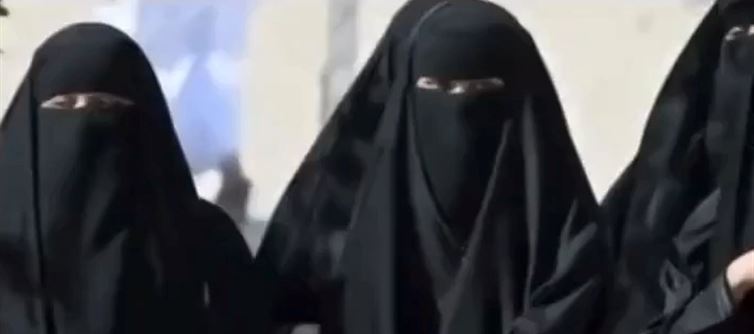
The verse often cited—Quran 2:222—is frequently misrepresented. In context, the verse discusses ritual purity in relation to menstruation, and like many religious texts, its meaning and application depend heavily on interpretation. Millions of Muslim women around the world interpret their faith in ways that empower rather than oppress. Islamic history includes women who were scholars, warriors, business leaders, and poets. The issue lies not in the religion itself, but in how certain regimes or cultural groups choose to implement or distort religious texts to enforce gender-based restrictions.
Reducing an entire religion followed by over a billion people to a monolithic source of oppression is not only inaccurate but counterproductive. It alienates progressive Muslims—especially women—who are actively fighting for gender equality from within their communities. Instead of promoting fear, efforts should be focused on supporting women in oppressive societies, amplifying reformist voices, and challenging authoritarian structures—whether religious or secular—that suppress women's rights. Real change comes not from vilifying entire faiths, but from understanding the power dynamics at play and working in solidarity with those demanding justice and equality.




 click and follow Indiaherald WhatsApp channel
click and follow Indiaherald WhatsApp channel